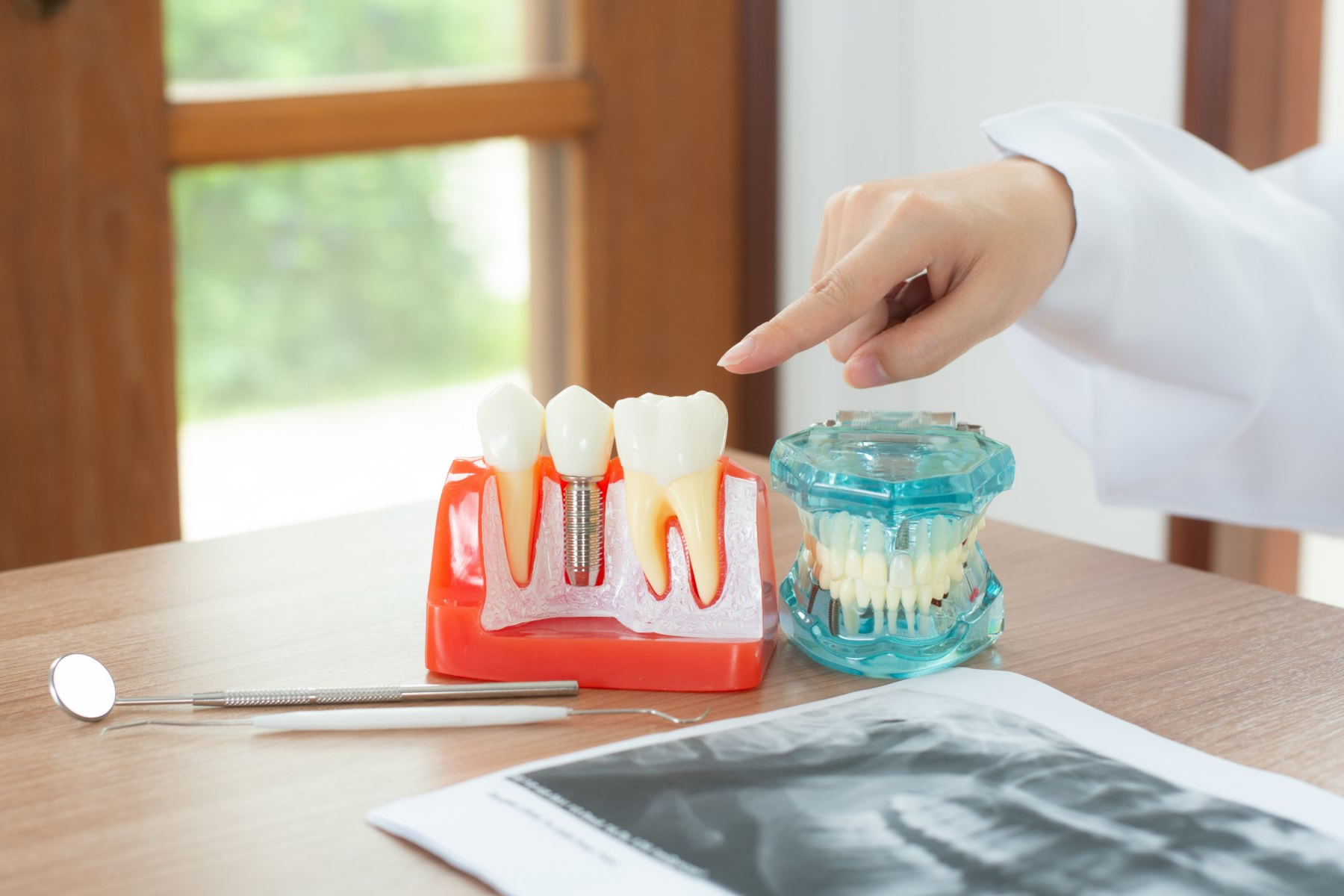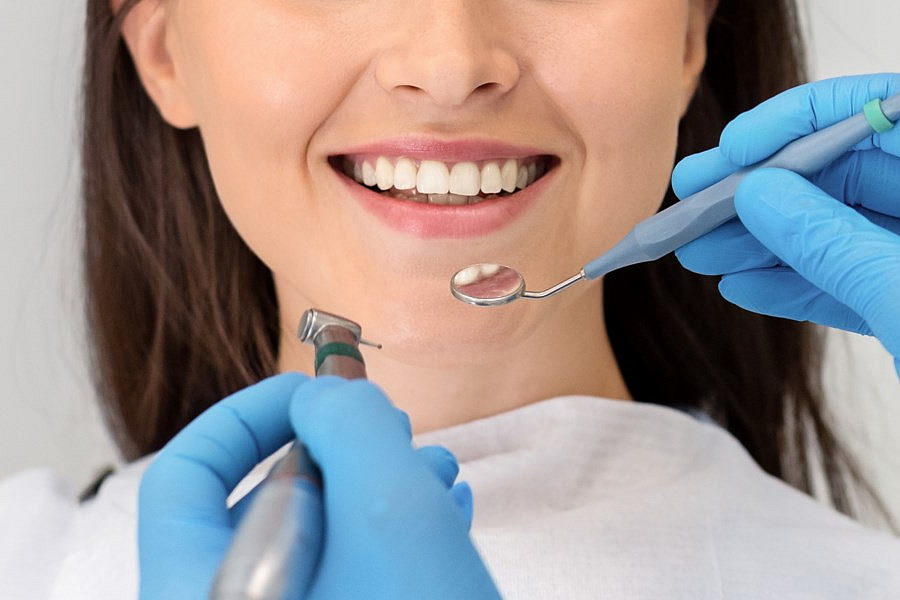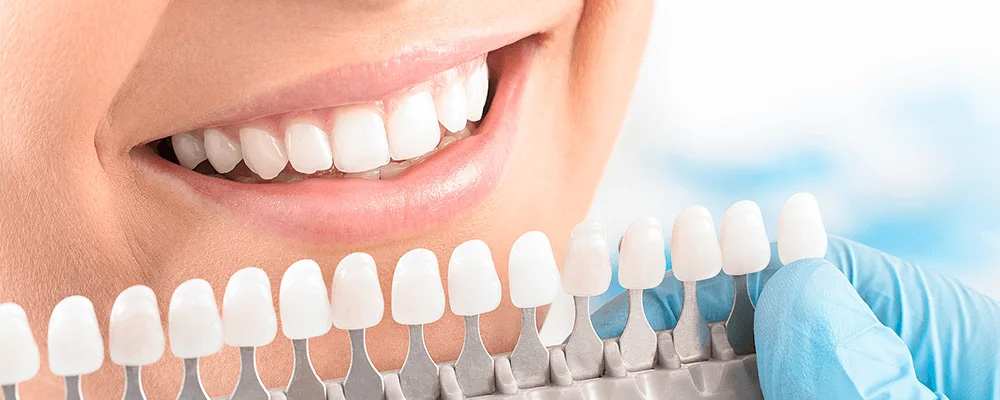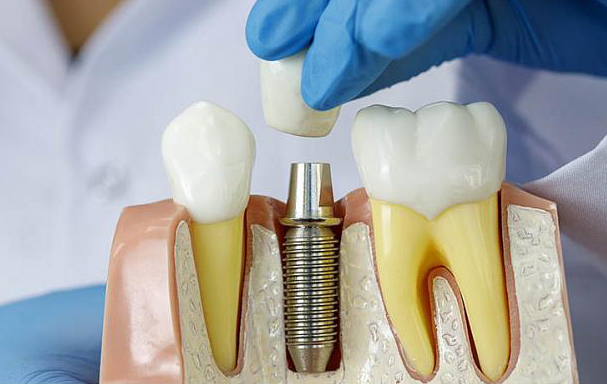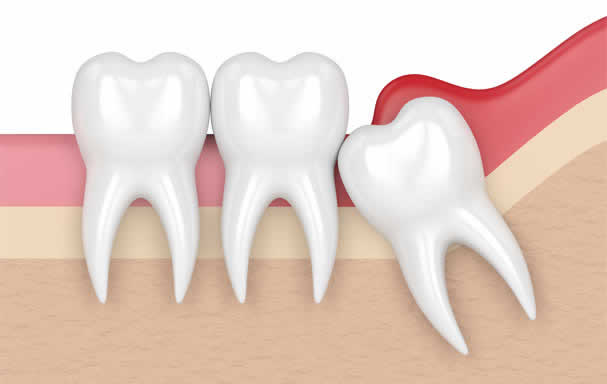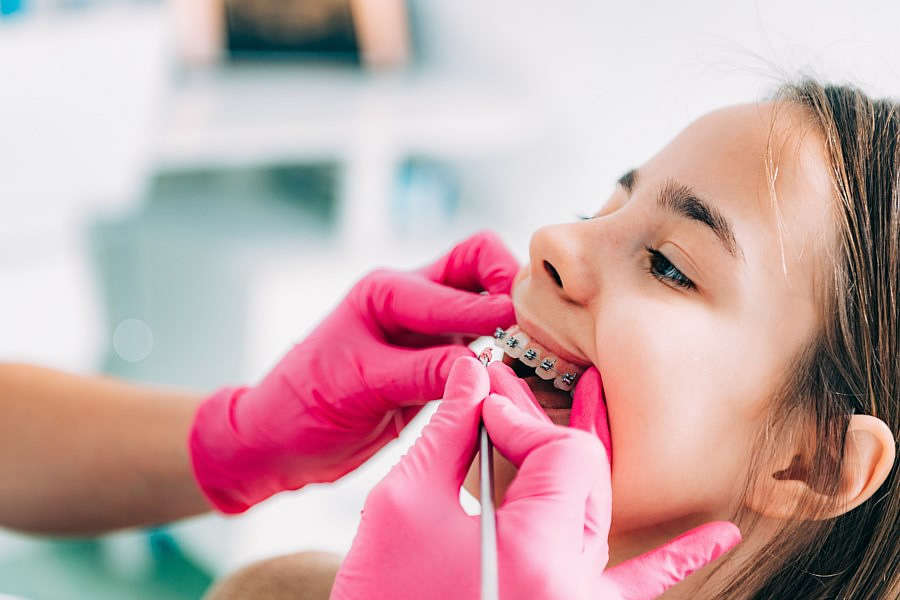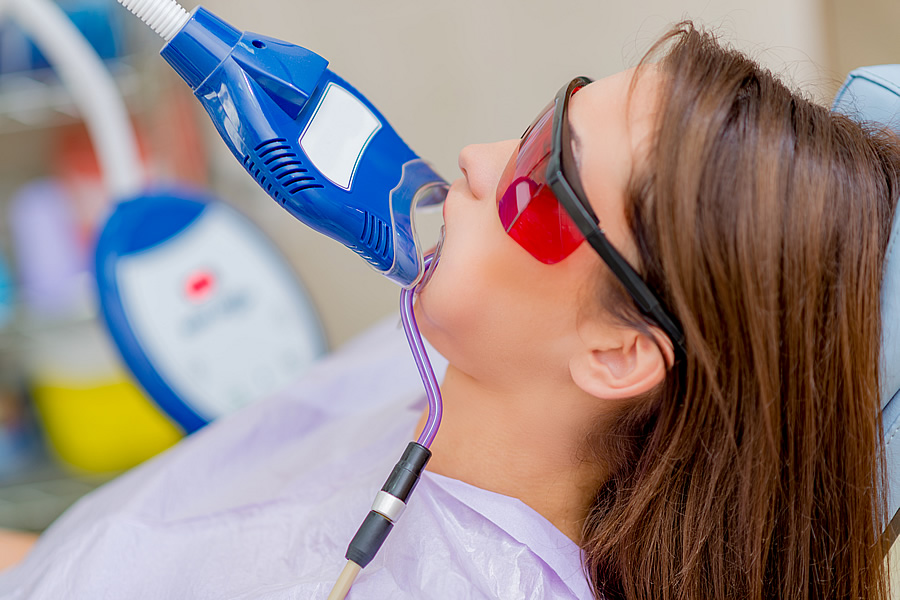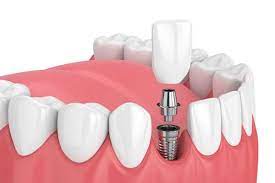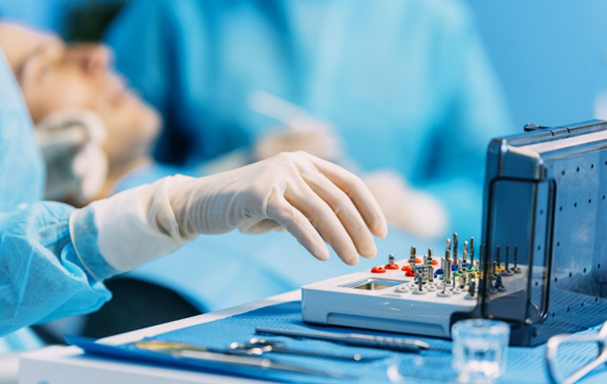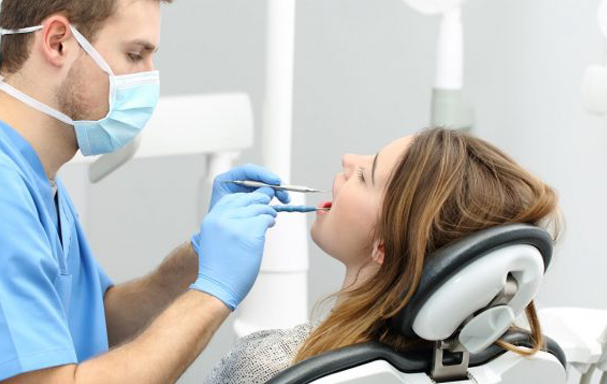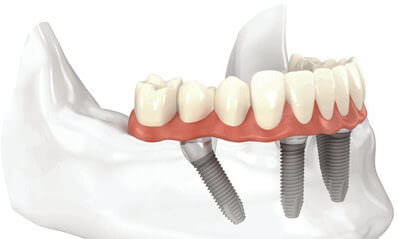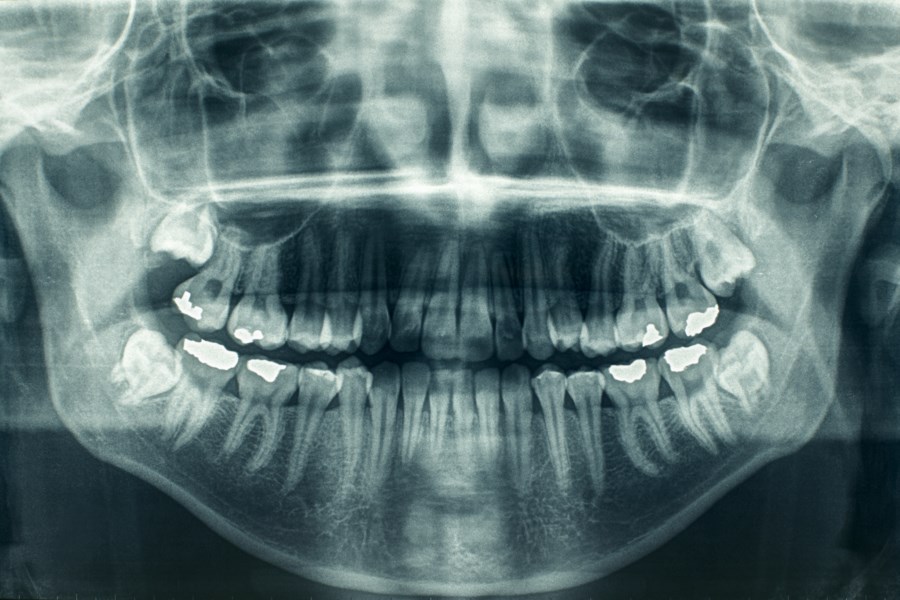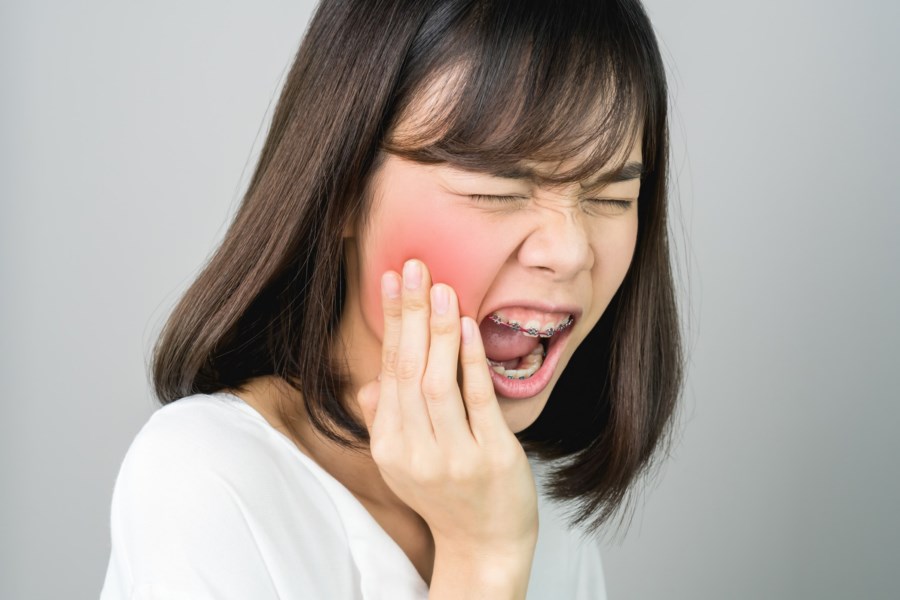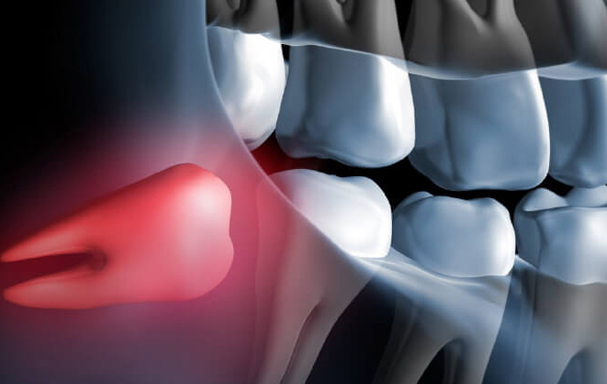
20 Years Tooth Extraction;
Wisdom teeth, also known as third molars, typically emerge between the ages of 17 and 26. While they can remain in the mouth without causing any issues, in some cases, they may need to be extracted. Poor oral hygiene can cause decay, resulting in pain and bad breath. Additionally, limited space in the jaw can cause wisdom teeth to become embedded, which can lead to infections, crooked teeth, and decay of adjacent teeth.
Maxillofacial surgeons are typically the best professionals to perform wisdom tooth extraction, as they have extensive expertise. However, a healthy wisdom tooth that has taken its place in the correct position does not need to be extracted. Other teeth, such as canines and premolars, can also become embedded and may need to be extracted if they cannot be revealed orthodontically.
After the procedure, it is important to avoid spitting, brushing teeth, and vigorous rinsing for the first day. Soft foods without granules should be consumed for the first two days, and antiseptic mouthwashes should be used after each food intake and tooth brushing. Pain relievers and antibiotics, if recommended, should be used regularly. Smoking should be avoided for the first 48 hours to promote healing.
While some swelling in the face is normal after extraction, it varies from person to person and can be reduced by applying a cold pack (ice compress) to the cheek area for the first 24 hours. Any pain after the procedure is minimal and can be easily controlled with mild painkillers.
Treatments
Implant Treatment.
Implant-supported prostheses have become an indispensable application in dentistry nowadays. Dental implants, also known as dentures, implant screw teeth or artificial root treatments, are gaining recognition in society every day.
Smile Design
The aesthetics of one's smile is undoubtedly one of the most important components of facial aesthetics. A beautiful face and a beautiful smile not only complete facial aesthetics but also have a positive impact on one's psychology, elevating their self-confidence.
Zirconium Crown
Zirconium is a structural material that supports porcelain. Its biggest advantage over traditional metal substrates is its white color and translucent structure, providing a natural look. Other advantages of zirconium coating are as follows:
Dental İmplant
Our goal is always to prioritize keeping your natural teeth in your mouth. However, even when a single tooth is extracted, the natural balance is disrupted, and tooth loss is accelerated. Implants are a special solution that can restore our beautiful smile and enable us to enjoy eating again by providing the closest possible force balance to our natural teeth in such situations.
Impacted teeth
Impacted teeth are those that have remained below the gum line or under bone and have failed to erupt. Impacted teeth may also include the third molars, canines, and premolars. When it is determined that they cannot be corrected with orthodontics (braces), they should also be extracted by maxillofacial surgeons through surgery.
Dental Bonding
What is Bonding Application?
Aesthetic Smile Design Application
Bonding is a process of changing the shape of a tooth by applying some materials onto the surface of the tooth using an adhesive system, all in one session. Bonding application is a technique that can be performed in aesthetic dentistry. The most important thing in bonding application is the dentist's knowledge and skill. Bonding application is often preferred in aesthetic smile design.
Gum Diseases and Treatment (Periodontology)
The most important cause of tooth loss is gum disease. It is commonly seen in society. If diagnosed early, it can be treated easily and successfully. The success of this treatment depends on patient motivation, oral care habits, and regular check-ups.
Porcelain Veneers
Laminate Veneer, is an aesthetic smile design application used for crooked teeth that negatively affect the appearance of teeth.
First of all, Porcelain Laminate is a minimally invasive method. That is, it can be done with minimal roughening on the surface of the tooth or even without any roughening in some cases. This may vary depending on the case and the decision of the dentist.
Surgical Tooth Extraction
If a wisdom tooth that is embedded or has emerged is causing damage to the adjacent teeth and the surrounding bone due to its position, is located in a position that cannot be cleaned, or has been damaged due to decay or breakage and cannot be treated with filling, root canal treatment, crown, or other treatment methods, it must be extracted.
All-on-4 Treatment
All-On-4 Treatment
The All-On-4 treatment concept is a technique in which a fixed full arch prosthetic restoration is placed on 4-6 implants in the same day as the surgical operation. This treatment provides patient satisfaction by taking into account function, aesthetics, taste, speech, and self-confidence.
Oral Diagnosis and Radiology
"At our clinic, patients who want to receive an examination and treatment are first given an anamnesis form, followed by an extraoral and intraoral clinical examination."
Jaw and Joint Disorders
The temporomandibular joint (TMJ) is a joint that connects the lower jawbone to the skull, located just in front of the ear canal. Morphologically, it is a hinge and sliding joint that varies from person to person and even between the left and right sides of the same individual.

